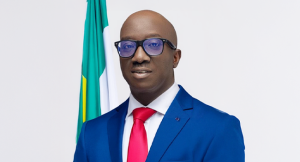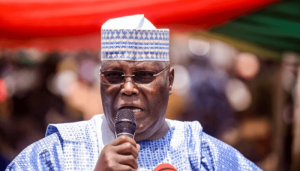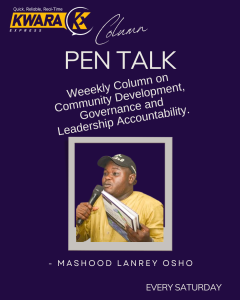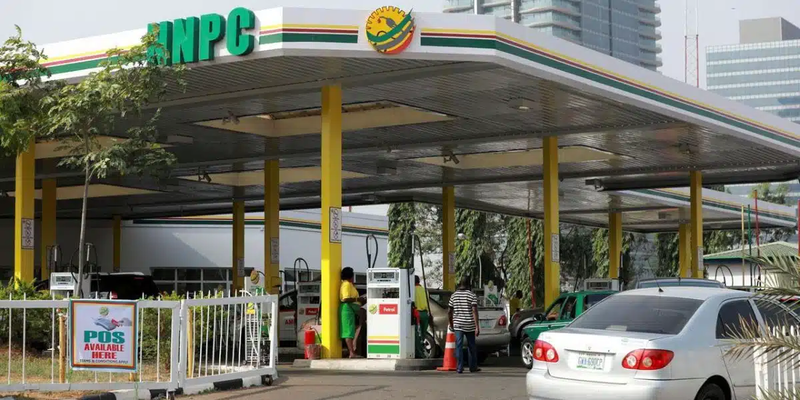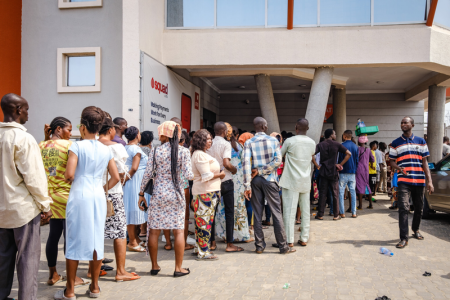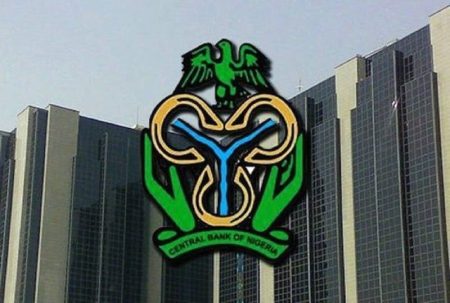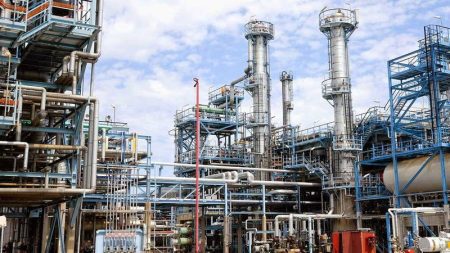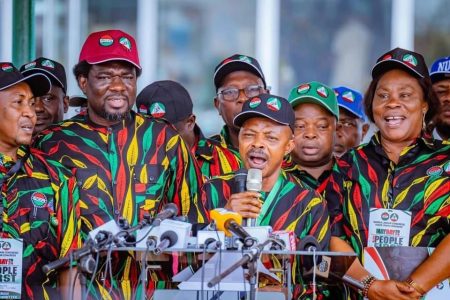The recent surge in the price of Premium Motor Spirit (PMS), commonly known as petrol, has raised alarms, with experts cautioning that further increases may be imminent. This is largely attributed to the ongoing depreciation of the naira and a potential spike in global crude oil prices. The rising tension in the Middle East, particularly the looming conflict between Iran and Israel, is expected to exacerbate the situation, potentially driving up oil prices internationally.
Dr. Muda Yusuf, Chief Executive Officer of the Centre for the Promotion of Private Enterprise (CPPE), highlighted the likelihood of higher crude prices, compounded by Nigeria’s foreign exchange challenges. Similarly, Teslim Shitta-Bey, Managing Director of Proshare, noted that the escalation of conflicts in the Middle East could significantly impact global oil prices, further inflating local petrol costs.
Eze Onyekpere, Lead Director at the Centre for Social Justice (CSJ), warned that the continued rise in PMS prices would deepen poverty and increase the level of hardship in Nigeria. Last Thursday, the Nigerian National Petroleum Company Limited (NNPCL) raised the pump price of petrol by 15%, with the price in Abuja now exceeding N1,000 per litre, while Lagos saw prices near N1,000 per litre. This marks a staggering 411% increase since President Bola Tinubu assumed office in May 2023.
The latest hike comes amid dashed hopes for a price reduction following the crude-for-naira deal between the Federal Government and the Dangote Refinery, leaving many citizens, particularly motorists, frustrated by the unexpected increase. The continued price surge reflects the broader economic challenges facing Nigeria amidst global oil market uncertainties.



